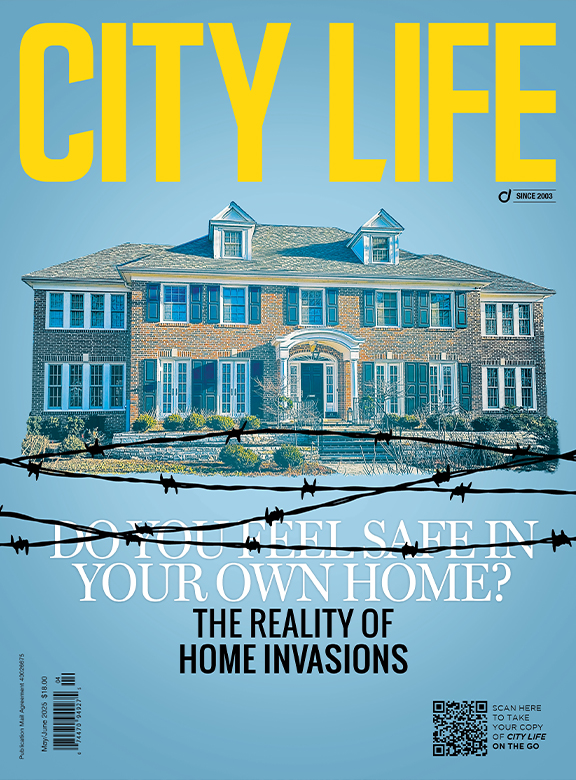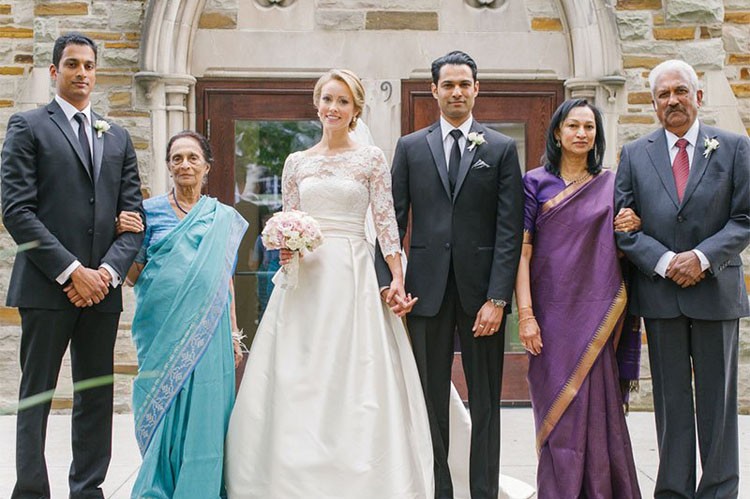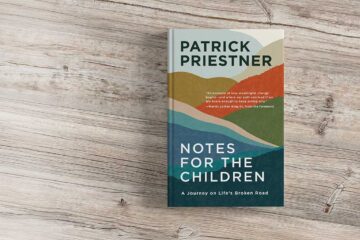A Note of Hope
The Story of Rebecca and John Chandy
The first time I saw my husband was at the altar. It was the age of arranged marriages, when the bride’s parents anxiously looked around for eligible bachelors in the community. Eligibility meant a good job, an ancient family name, solid family wealth and a good personality. On all these counts, my future husband came up trumps. My father was a high official in Travancore, which is the present state of Kerala. A champion of women’s education, he saw to it that all his five daughters became graduates. He was most proud of me because I had won the gold medal for the first rank in the state for the SSLC (Secondary School, Leaving Certificate) examination. I had followed this up with merit scholarships in my college career. At the time of my marriage, I was studying in the final year of the BA honours course (equivalent to today’s master’s degree) at Presidency College, Madras. My father was on the lookout for young Syrian Christian men passing out of the competitive examinations of the Indian Civil Services. But very few got in, as the exams were not only based on intellectual brilliance but also on sportsmanship and a cosmopolitan background. They were tough. So when my father heard that Mr. K. Chandy’s third son, Johnnie — who had been accepted into the Indian Railway service — had at last agreed to get married, he proposed me in marriage to him. There was a condition that I should go back to college to finish my course. I was eleven years younger than Johnnie, but my father made light of it.
How did I agree to marry a man whom I had not seen? I had always wanted to marry a man superior in intelligence to me. I had broken free of the insular atmosphere of college life in Travancore when I gained admission into the “College for Princes” as Presidency College was known then. I wanted to live on in this cosmopolitan atmosphere and if I agreed to this marriage, I would be doing just that. Besides, I had heard fulsome praises of Johnnie, so I acquiesced in my father’s decision. Johnnie had many labels at the time of the wedding. He was the son of Mysore Chandy, who had occupied the topmost administrative office in the State of Mysore-First Member of the Council of the Maharaja. The family lived in Bangalore in great luxury. All the children were sent to the best English schools. They spoke English at home and were ignorant of the culture and language of the Syrian Christians.
Johnnie had passed the Senior Cambridge examination with distinction. He joined the BA honours course in history in the Madras Christian College at his father’s insistence, although his forte was mathematics. The father had planned to send this bright son to Delhi to appear for the ICS (Indian Civil Service) examination. He became very popular in the college as an outstanding sportsman — the captain of the cricket team, the commandant of the University cadet corps and a formidable boxer. His principal, Dr. Boyd, was very fond of him and gave him a glorious certificate. He had just finished his course when he applied for selection in the IRS (Indian Railway Service) and IPS (Indian Police Service.) He had an impetuous and adventurous quality about him that led him to take bold decisions on his own. He was selected for both. So his father did not pursue the ICS option. But he advised him to choose the Railways. In the Police Service he might have been called upon to shoot his own countrymen who were gathering force all over the country and demanding national independence.
Johnnie was only twenty-one when he entered Railway Service. He refused all proposals of marriage that came for him, saying that he was too young. There were only three Indian Assistant Traffic Superintendents in the MSM Railways traffic department. The rest were of British descent. Johnnie’s father told him that his style should equal that of his British counterparts. He gave him money to buy the best furniture. I still have some of the Katpadi rosewood furniture he ordered. He bought a red sports car. Tall and athletic, well dressed and confident, he cut a stylish figure as he stepped out of his car and walked the corridors of power, much to the delight of his Indian subordinates, who loved him. He was kind to them but always kept them at a distance. Soon he adopted the lifestyle of his fellow British officers, a peg or two of Scotch in the evenings, cricket or horse-racing on weekends, English meals eaten with a spoon and fork, waited on by butlers and peons. He moved with them on an equal if not superior footing. Any slighting of Indians or Indian leaders was met with instant reprisal from him. He was a popular figure in the officer’s club, particularly among the ladies, not only for his charismatic personality, but for his witty repartees and jokes as well.
In the middle of these gay, carefree years of bachelorhood came World War II. India, as part of the British Empire, had to join the Allies. Young recruits, old and new, were being sent to the warfront in Europe, Africa and the Middle East. Johnnie was a Railway officer and had no call to join the army. But he was always there when adventure or danger called. He applied for a commission in the army. He was lent from Railway to the army and was sent to Iraq. His job was to build a railway line from Iraq to the Middle East front to transport men and military supplies. This was not the romantic adventure he had wanted and it was his disappointment that he never saw action on the front. But it was an experience of military life in the desert — freezing cold at night and blazing heat at noon. The officers and men lived in tents, so it was a great change when they could go to Baghdad on weekends and visit nightclubs. On one occasion, when curfew had fallen at midnight, he and his friend, who was his sister’s brother-in-law, found themselves locked in at a club. They jumped over a high wall, secured by barbed wire. Johnnie’s trousers were caught in the wire, sending his friend into fits of laughter. They had to flee the city with long tears in their trousers. The darned trousers were later exhibited to all of us back home as a memento of the war.
The year 1944 saw the end of the war for the Middle East theatre. Johnnie was back at the Railway. He was posted to Avadi, a suburb of Madras where there was a huge military depot from where men and goods were transported to the Madras harbour for action in the Far East. That was when he yielded to the pressure of his parents to get married, leaving the choice of a partner to his parents. As my father led me to the altar, I saw a portly gentleman occupying the aisle seat of the bridegroom’s bench. My heart sank before someone told me, “Not that one, but the one sitting next to him.”
By Mary Kuriyan
From A NOTE OF HOPE:
A Collection of Stories from Members and Friends of the Concord West Seniors Club
Copyright © 2014 by Dolce Book Publishing Inc.
All rights reserved.
www.dolcebookpublishing.com
















































































No Comment